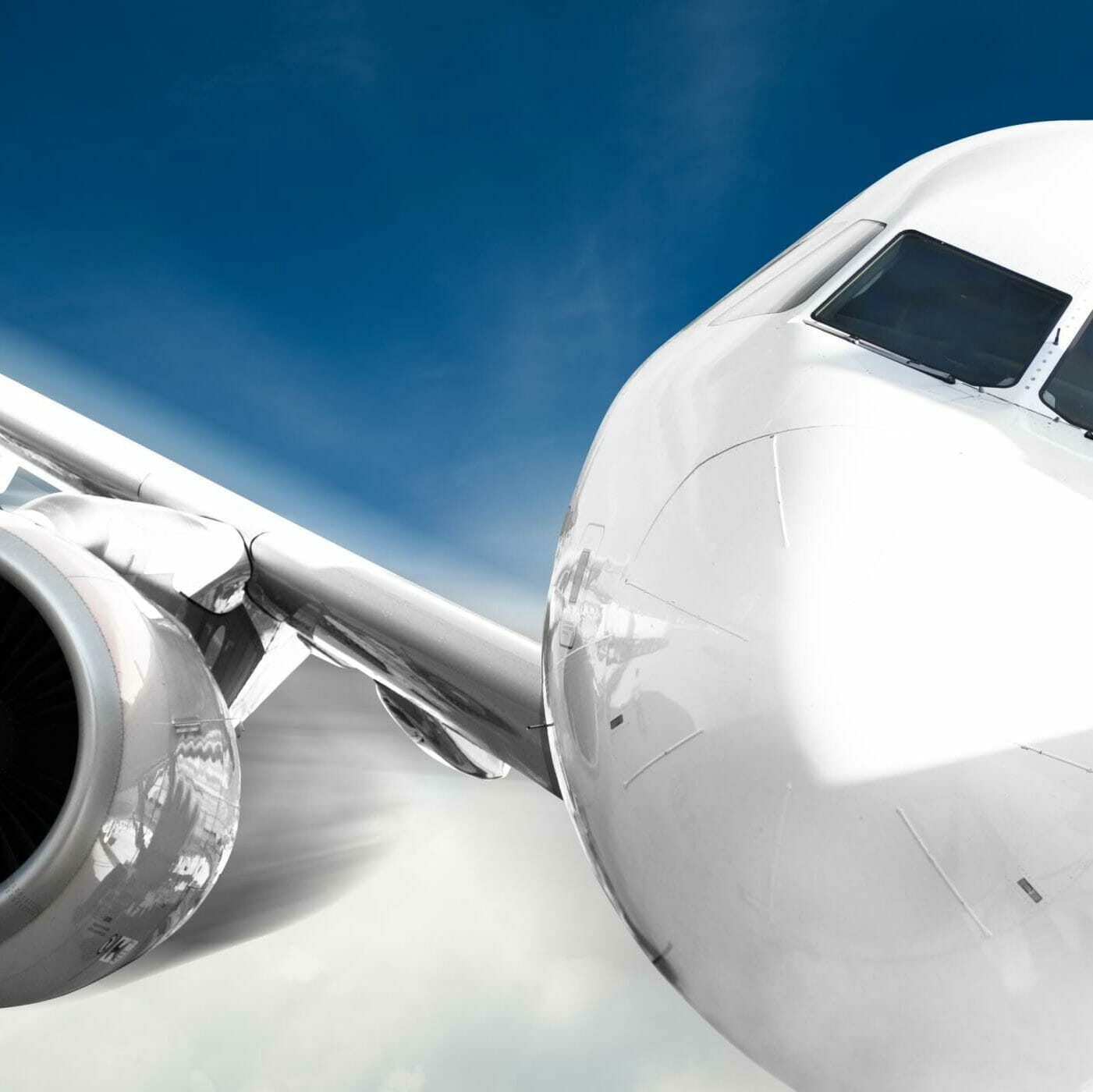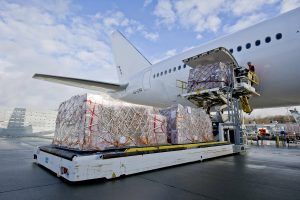
Revolutionizing Air Travel: A Glimpse into the Future of Aviation in 2030
As technology continues to advance at an unprecedented pace, the aviation industry is poised for a major transformation. In this blog post, we will explore the exciting possibilities and innovations that will shape air travel in 2030. From sustainable fuels to supersonic travel, let's delve into the future of aviation and discover what awaits us in the next decade.
- Sustainable Aviation:
With growing concerns about climate change, the aviation industry is actively seeking ways to reduce its carbon footprint. By 2030, we can expect a significant shift towards sustainable aviation. Airlines will increasingly adopt alternative fuels, such as biofuels and hydrogen, which produce fewer emissions compared to traditional jet fuels. Additionally, advancements in electric propulsion systems may pave the way for electric aircraft, further reducing environmental impact. - Hyperconnected Travel:
In the future, air travel will be seamlessly integrated with cutting-edge technology, providing passengers with a hyperconnected experience. Imagine stepping into an airport where facial recognition technology eliminates the need for physical documents and long queues. Smart luggage equipped with GPS tracking and self-check-in kiosks will streamline the entire travel process, making it more efficient and convenient. - Supersonic Travel:
Supersonic travel, once a luxury reserved for the elite, may become more accessible in 2030. With ongoing research and development, supersonic aircraft capable of reaching speeds exceeding Mach 2 will revolutionize long-haul flights. Reduced travel times will open up new possibilities for business and leisure travelers, making the world more interconnected than ever before. - Enhanced Passenger Comfort:
In the future, airlines will prioritize passenger comfort, offering a more enjoyable and personalized flying experience. Advanced cabin designs will maximize space and minimize noise, ensuring a tranquil journey. Virtual reality (VR) and augmented reality (AR) technologies will transport passengers to immersive environments, providing entertainment and relaxation during flights. - Artificial Intelligence (AI) and Automation:
AI and automation will play a crucial role in shaping the future of air travel. By 2030, we can expect AI-powered systems to handle various aspects of flight operations, from air traffic control to predictive maintenance. Autonomous aircraft, guided by sophisticated AI algorithms, will enhance safety and efficiency, reducing human error and optimizing flight routes.
Conclusion:
The future of air travel in 2030 promises to be an exciting blend of sustainability, technology, and enhanced passenger experiences. From sustainable fuels and hyperconnected airports to supersonic travel and AI-driven automation, the aviation industry is on the cusp of a revolution. As we embrace these advancements, air travel will become faster, greener, and more enjoyable, opening up a world of possibilities for travelers around the globe.


Average Rating